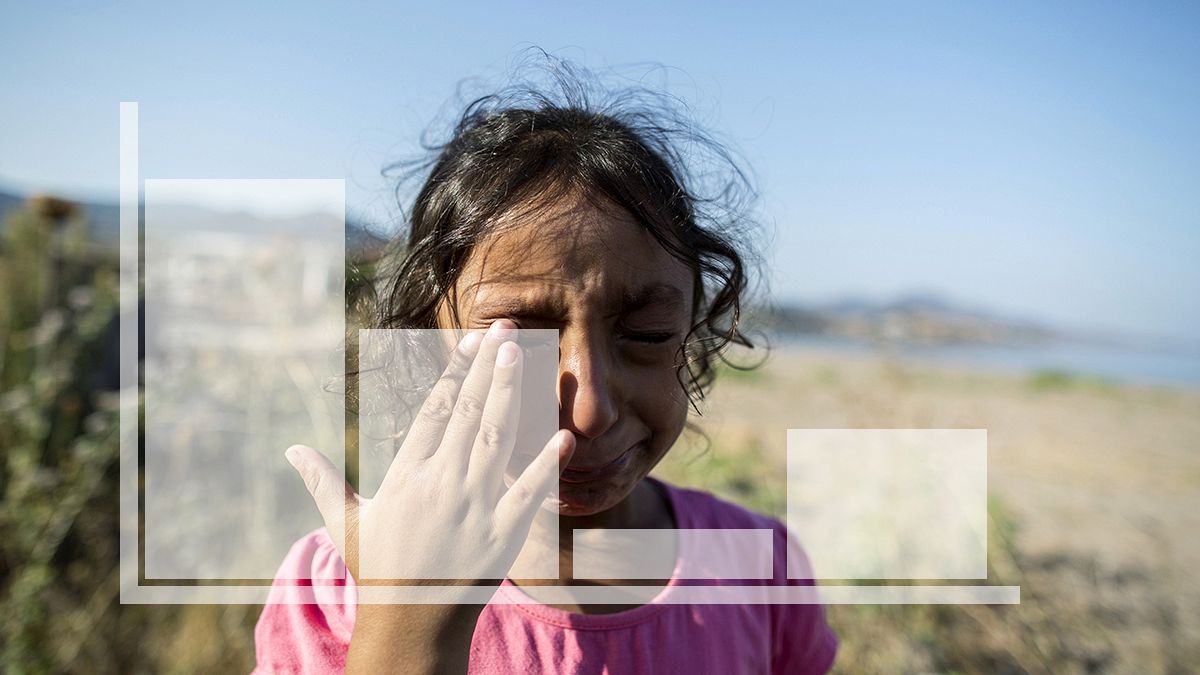Record numbers of migrant children are arriving on their own to Europe and elsewhere, leaving them vulnerable to exploitation by traffickers, it has been…
Record numbers of migrant children are arriving on their own to Europe and elsewhere, leaving them vulnerable to exploitation by traffickers, it has been claimed.
Nearly 100,000 unaccompanied youngsters put in asylum requests across the globe last year, treble the number in 2014 and the highest since records began in 2006, says the UN’s refugee agency (UNHCR).
Campaigners say at least 10,000 of them have gone missing in Europe alone, prompting fears they have been used as slaves or sexually-exploited.
Missing Children Europe (MCE) says a growing number of children are living in the shadows of society and that EU countries must do more to address the problem.
Why so many unaccompanied children?
The issue should be framed in the key finding from the UNHCR’s Global Trends report: a record 65.3 million worldwide have been forced to go on-the-run, up from 59.5 million in 2014.
One of the key drivers is the civil war in Syria, which has seen refugees flow into Lebanon, Turkey and beyond to the EU.
The UNHCR says even though asylum applications have increased overall, the proportion of applicants that are unaccompanied children has risen at a faster rate.
MCE says of the near 100,000 migrant children who arrived unaccompanied last year, 42 percent were under the age of 15.
The trend has continued: 92 percent of the 7,567 children who have arrived in Italy by sea between January and May this year have been unaccompanied.
MCE’s director general, Delphine Moralis, told Euronews some youngsters were being split from their families en route, while others set off on their own from war zones like Syria, helped by their families who sell everything to pay for their transit.
She admitted some children were going it alone or pretending to be adults to stand a better chance of being granted asylum.
What problems are they facing in Europe when they arrive?
One of the reasons youngsters pretend they are adults is to avoid being trapped in the asylum process, which in some countries can last up to two years.
UNICEF says many children, especially those unaccompanied, have fallen between the cracks of asylum systems that are ‘overstretched, slow and uneven’.
“All too often children are held behind bars – in detention facilities or in police custody – because of a lack of space in child protection,” says a UNICEF report on the issue.
Is there really 10,000 migrant children missing?
Moralis says Europol’s claim that 10,000 migrant children have disappeared from the radar is likely to be conservative.
She said Germany’s federal police have reported 8,600 refugee children have gone missing, while of 1,800 that arrived in a Swedish coastal resort more than half went on the run.
“Frankly it doesn’t matter anymore whether it’s 10,000 or 12,000 it is a problem we should really try to address,” said Moralis. “I think that [the increase in the number of unaccompanied children] changes the discourse we should have on the situation of migrants. It is becoming more and more a children’s crisis rather than a migrant’s crisis and I think we should focus on that.”
Why do they feel compelled to go on the run?
Moralis says her NGO studied seven EU countries and found many were unprepared to prevent children from going missing.
She also claimed not enough people are coming forward to help the children. She said in Italy and Greece the system of finding guardians for the children wasn’t working, while Human Rights Watch has flagged up problems on the issue in Sweden and Germany.
UNICEF, meanwhile, says a mistrust in authorities or the long wait for their cases to be processed has seen children run away.
Moralis added there was also a growing link between the smugglers that bring the children to Europe and the traffickers who exploit them for labour or sex, once they arrive.
What’s being done?
EU states were asked last year to relocate around 100,000 refugees from Italy and Greece, giving priority to unaccompanied children.
But just two percent of that number have been taken in, including just 23 unaccompanied youngsters.
Austria, Croatia, Hungary, Poland and Slovakia have not taken part in the scheme at all.
Moralis said: “It is frustrating and I think it’s worrying to see that Europe which is built on values, is leaving a very big group of children in the cold.
“I don’t think we’re looking at this in the right way. Protection of children is part of the treaties of the EU I think we should remember we have an obligation to protect them and that all children are equal whether they are migrants or not.
“The 11-month old baby that I played with in a Greece refugee camp last week has all the same rights as a child who grows up in our country.
“There is a general lack of awareness of the fact that this concerns very young children who are in very vulnerable situations.
“They constitute 40 percent of the problem but they seem absent in the discourse were having on migration.”


